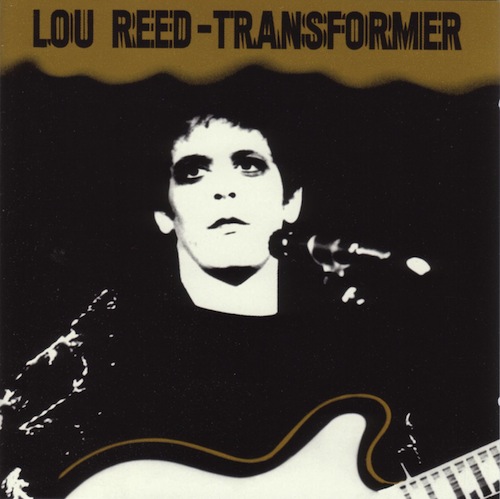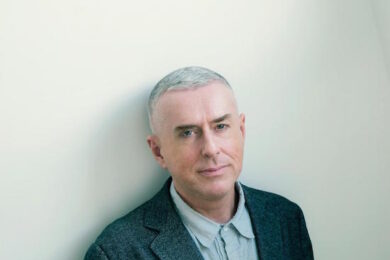5. Lou ReedTransformer

I’d heard of Andy Warhol, but I’d never heard The Velvet Underground until David Bowie talked about them in interviews in the NME, and of course Transformer. I’d rather talk about Transformer than the banana album actually, because Transformer sums up the era. I do believe that Mick Ronson was very instrumental – like a classically trained musician as well as a gorgeous rock god lead guitarist. His arrangement abilities for both Ziggy Stardust and Transformer have not been fully recognised in the history of pop music. I don’t think David would’ve broke through without that.
I remember dancing to ‘Vicious’ in a nightclub called Masquerade in Liverpool – a really eccentric gay bar full of diesel dykes, prostitutes and older gay men with dyed black hair and toupees. It was a strange netherworld hidden up a back alley that embraced a bunch of freaks of my generation like Pete Burns and me, Jane Casey, who wore too much make-up. That was the thing about a gay club, you were safe almost in there. A strange refuge. I suppose in a way, punk kind of helped that. Absolutely. One minute you were queer on the street, the next minute you were a punk. It normalised that sort of behaviour really, you know; "Oh, they’re just punks", and it was a diversion away from sexuality. Punk was strangely non-sexual. Even the main protagonist John Lydon had something of a ‘neither here nor there’ about him.


